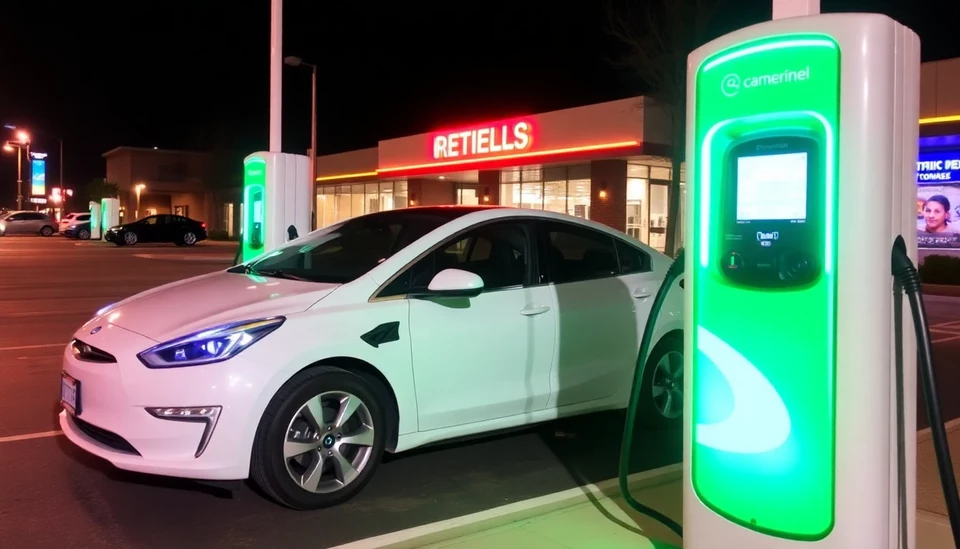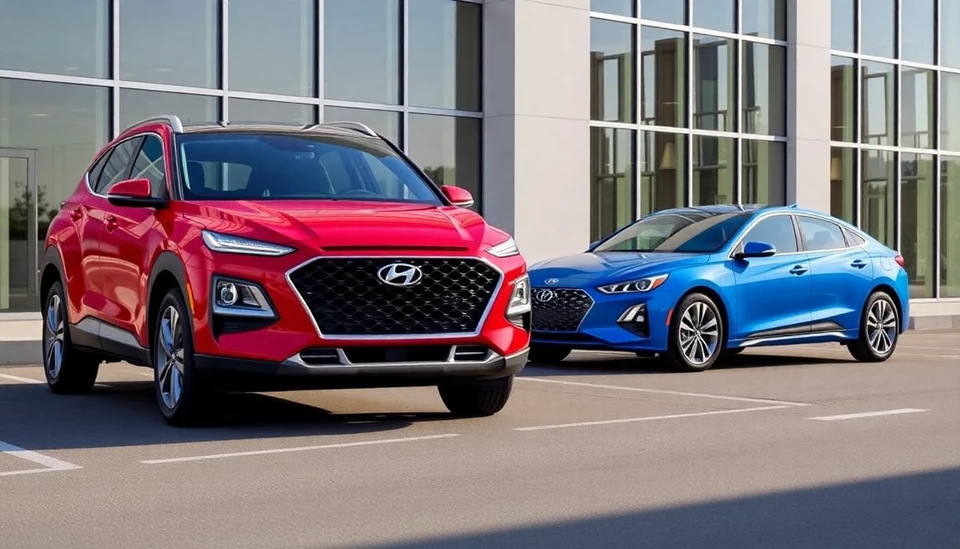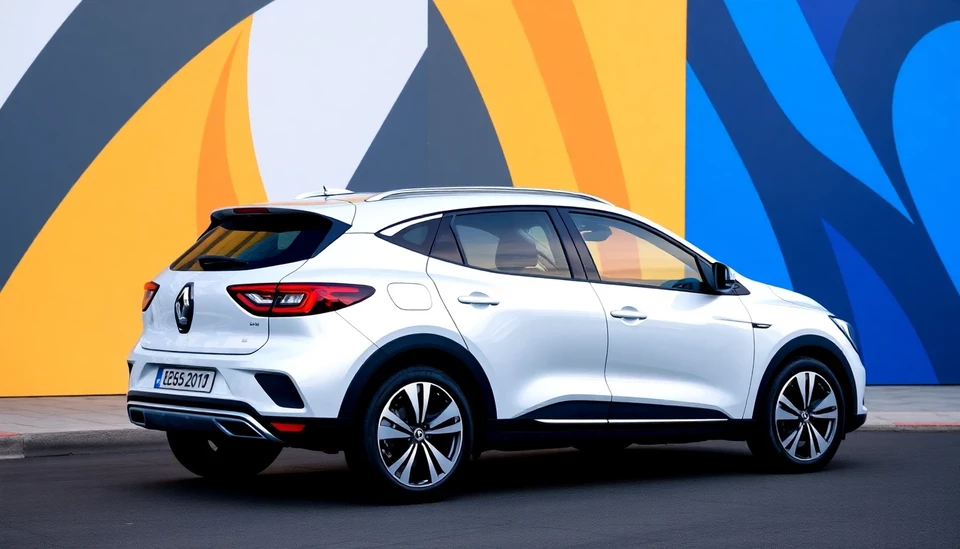
In a significant thrust towards sustainable transportation, major retailers across the nation are actively participating in the rapid expansion of electric vehicle (EV) charging infrastructure. This strategic move is not only benefitting consumers but also positioning these retailers at the forefront of the green transition in the automotive sector.
The wave of new charging stations is being fueled by an impressive synergy between retailers and the growing demand for EVs. As the market for electric vehicles continues to expand, the necessity for robust charging solutions has become paramount. Retail giants such as Walmart, Target, and others are responding by installing charging stations at their locations, ensuring that consumers have easy access to charging while they shop.
This initiative is further enhanced by incentives and grants from federal and state governments aimed at promoting green energy. These financial supports make it easier for retailers to invest in EV infrastructure. In fact, the Biden administration has embarked on a mission to install 500,000 charging stations by 2030, and this has translated to an influx of partnerships between local governments, businesses, and charging network operators.
The implications of this initiative are profound. Not only does it bridge the gap for EV users in terms of accessibility and convenience, but it also serves as a marketing strategy for retailers, presenting them as environmentally conscious brands. In today's market, demonstrating a commitment to sustainability resonates well with an increasingly eco-aware consumer base, ultimately driving foot traffic and sales.
Furthermore, research indicates that EV users tend to spend more time and money at retail locations while their vehicles charge, thus enhancing the overall shopping experience. This increased dwell time provides retailers with more opportunities to convert passersby into customers, making EV charging stations lucrative assets for businesses aiming to maximize their footprint in evolving consumer spaces.
As competition among retailers grows, the fight for prime charging real estate intensifies. Companies are exploring innovative partnerships and long-term agreements with EV charging networks, ensuring that they remain competitive in a rapidly changing landscape. Moreover, many of these installations are being designed to accommodate future technology, signaling an ongoing commitment to sustainability and efficient energy usage.
The ongoing shift towards electric vehicles signifies a transition not just in consumer habits but also in corporate strategies. Retailers embracing this change are not only playing a critical role in enhancing the accessibility of electric vehicles but also shaping the future of retail as we know it. The integration of charging stations into shopping environments positions these businesses as leaders in the quest for a greener planet, aligning commercial interests with environmental responsibilities.
In conclusion, as the electrification of transportation gathers momentum, retailers are stepping up to the plate by investing in EV charging infrastructure. This collective effort is paving the way for a more sustainable future while also providing retailers with new avenues for growth and engagement. The road ahead for EV adoption seems paved with promising opportunities, driven by the collaborative efforts of retailers and the central aim of creating a cleaner, greener environment.
#ElectricVehicles #RetailInnovation #ChargingStations #Sustainability #GreenEnergy #EVRevolution #ConsumerTrends
Author: Sophie Bennett




